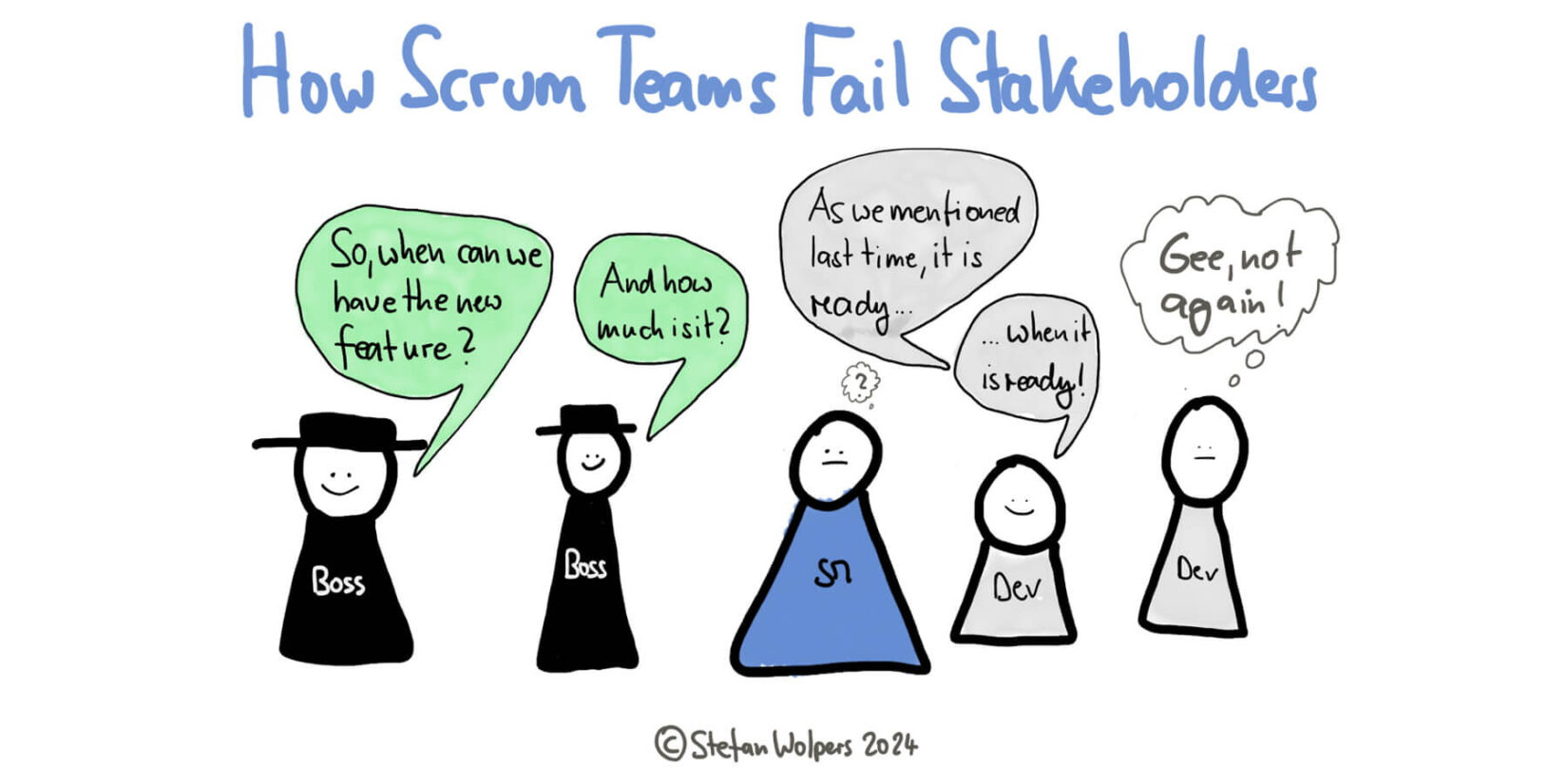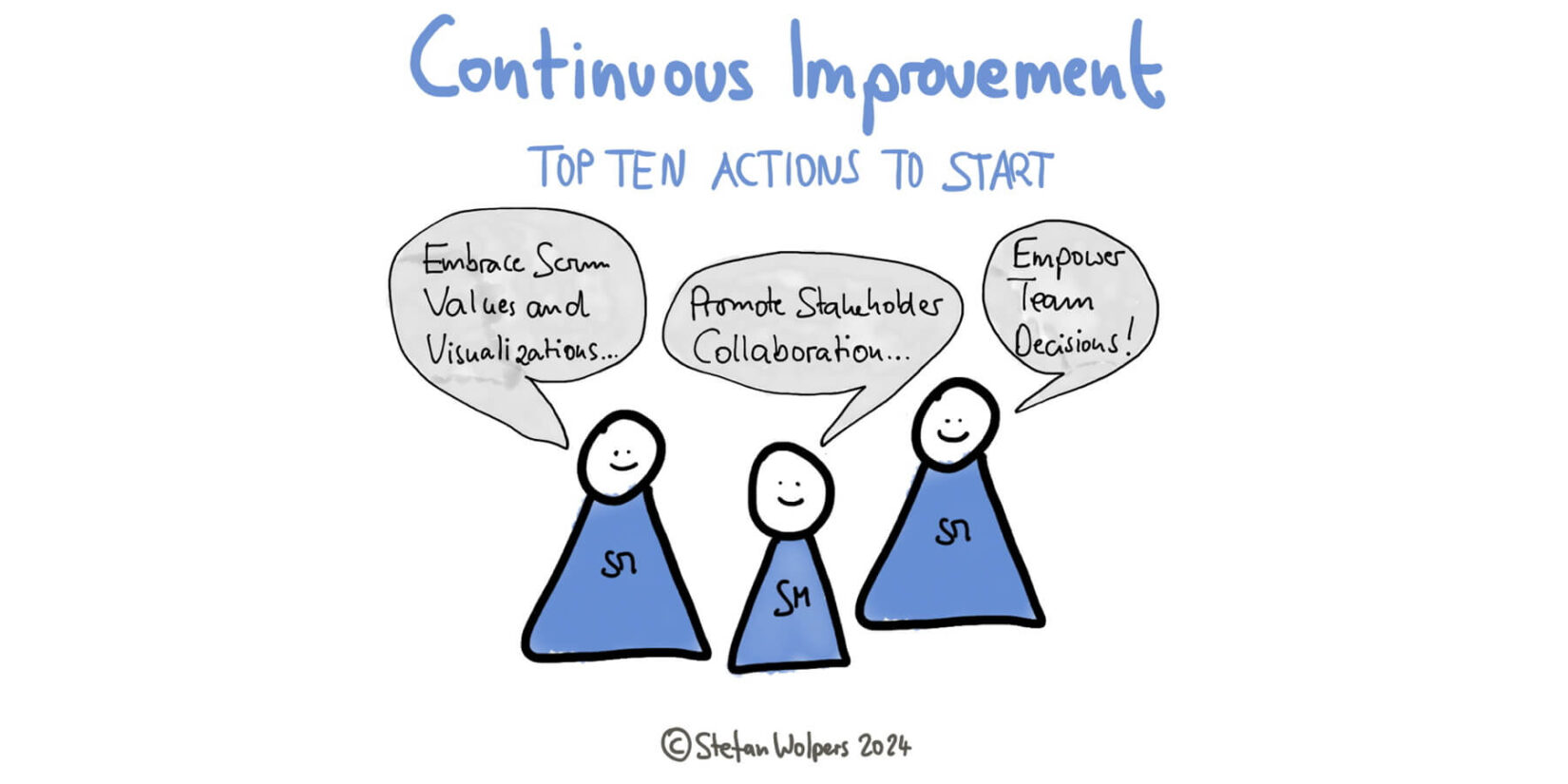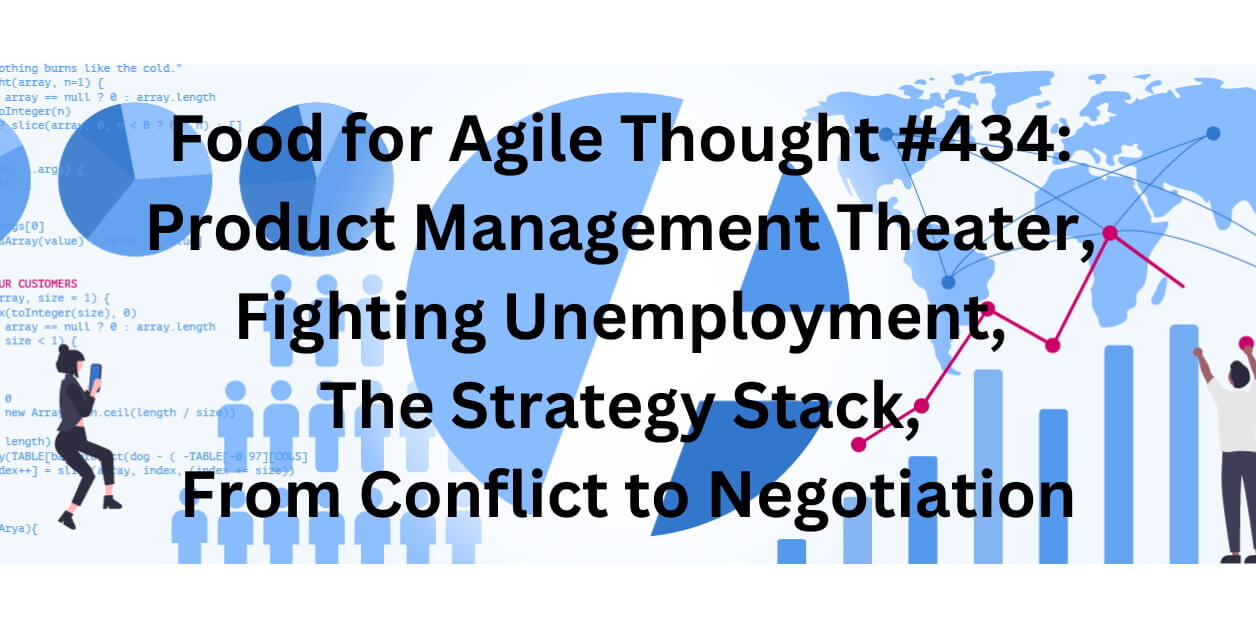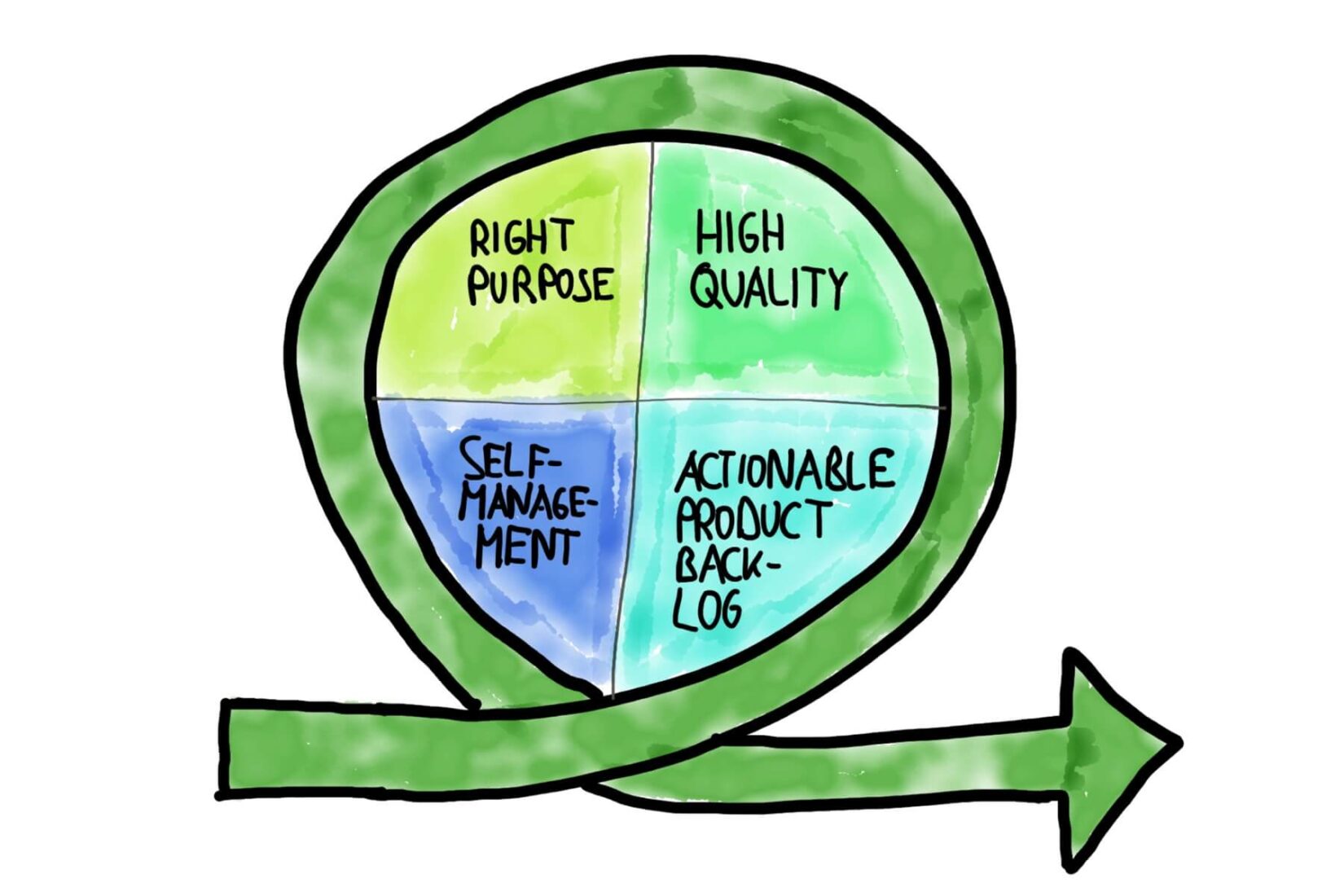TL; DR: Overcoming the Feature Factory — Food for Agile Thought #435
Welcome to the 435th edition of the Food for Agile Thought newsletter, shared with 42,329 peers. This week, John Cutler presents strategies for product managers or overcoming the feature factory by refining skills through customer interaction and collaboration. Elizabeth Ayer discusses the dangers of software overproduction and strategies for value maintenance, and Vadim Kravcenko examines software project failures, emphasizing the need for accountability and collaboration. Also, Maarten Dalmijn compares evolution’s adaptation mechanisms to Agile’s learning-focused approach, advocating adaptation over prediction, while Alex Miguel Meyer offers methods to counteract the highest-paid person’s opinion (HiPPO) in decision-making with fact-based analysis and structured communication.
Then, Paweł Huryn summarizes Marty Cagan’s insights from “TRANSFORMED” on Product Discovery, Delivery, and Culture, which are essential for product managers aiming for superior products and learning culture. Jonny Williams, Paul Brown, Adam Clark, and Ed Seymour champion a product mindset in platform engineering for value enhancement through incremental improvements and user focus. Moreover, Janna Bastow distinguishes between outputs and outcomes in Product Management, urging a focus on meaningful changes, and David Cox critiques the emphasis on “low-hanging fruit” and marginal gains, suggesting strategic efficiency and tackling valuable problems, drawing lessons from British Cycling’s strategic investment success.
Lastly, Jacob Kaplan-Moss emphasizes breaking down software projects into manageable tasks to ensure effective planning and delegation, aligning them with project goals. Johanna Rothman discusses using agility and real-time data to navigate market volatility, recommending a focus on cycle time and throughput for quick decision-making, and Marcus Hammarberg introduces using Monte Carlo Simulation in Google Sheets for backlog prognosis, offering a data-driven planning method. Finally, Suno is revolutionizing music production by allowing users to create professional-level songs through text prompts, sparking debate on its effects on artists and the future of music creation.









